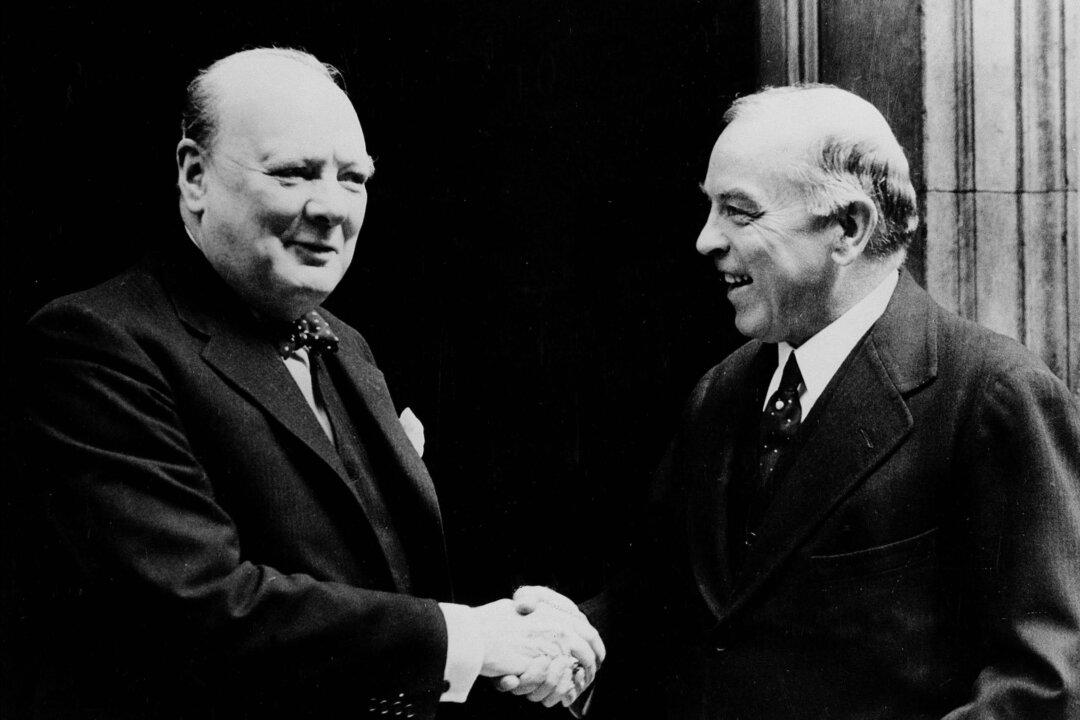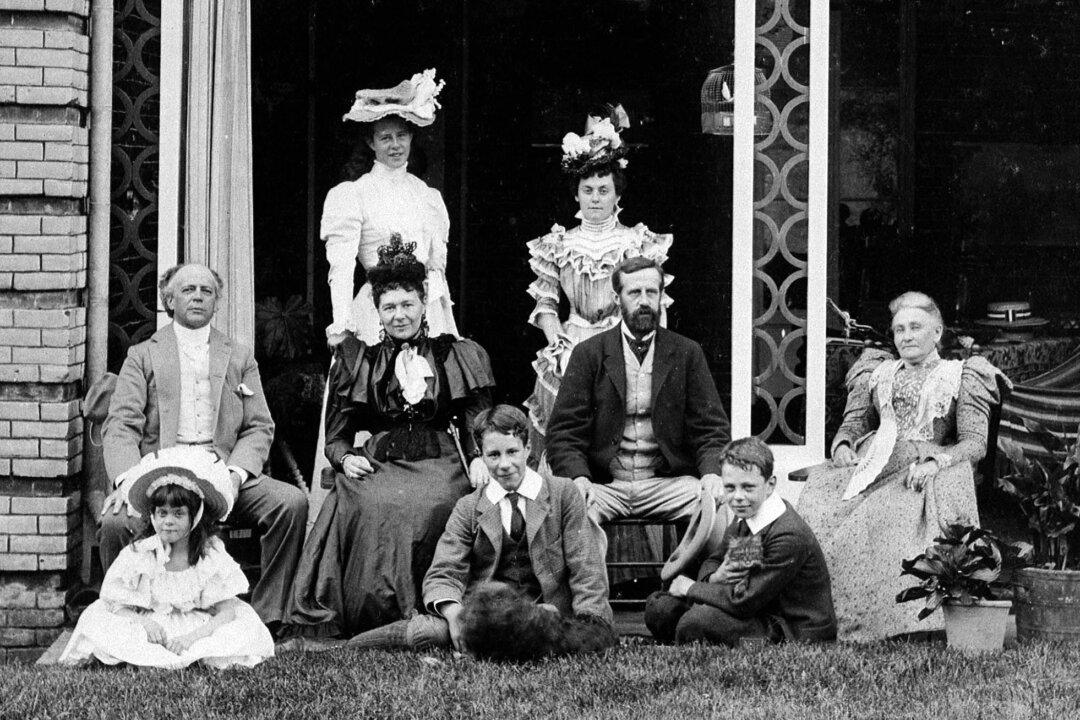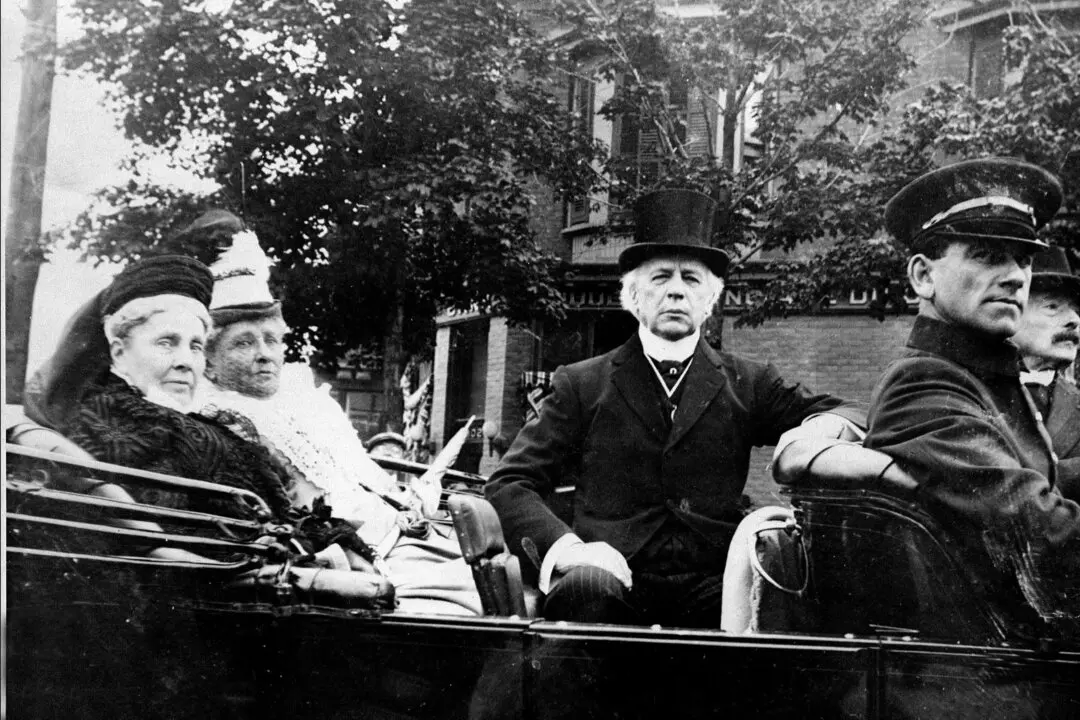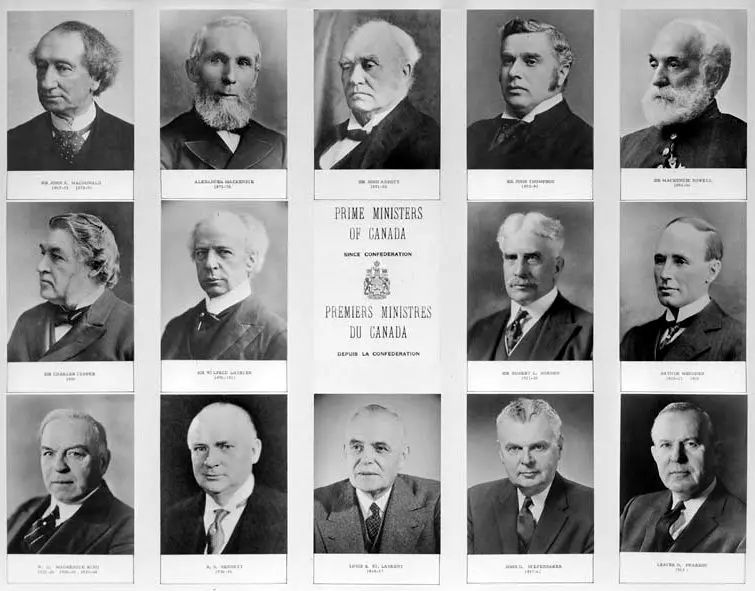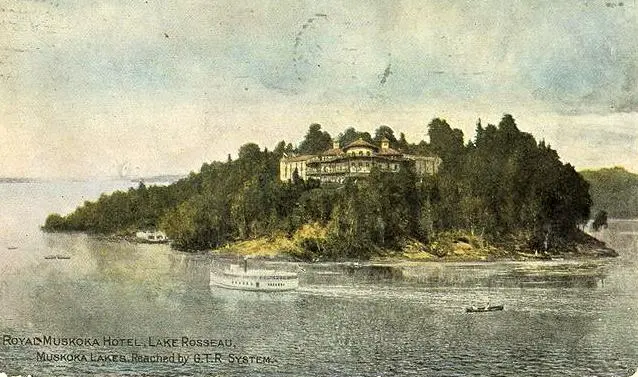Commentary
It doesn’t often happen that soldiers boo their political leaders. For one thing it is beyond disrespectful for military members to show contempt in public toward those to whom they are subordinate in a liberal democracy. Even if troops dislike a particular politician, or disdain politicians in general, it is a gross breach of discipline to show it publicly.
